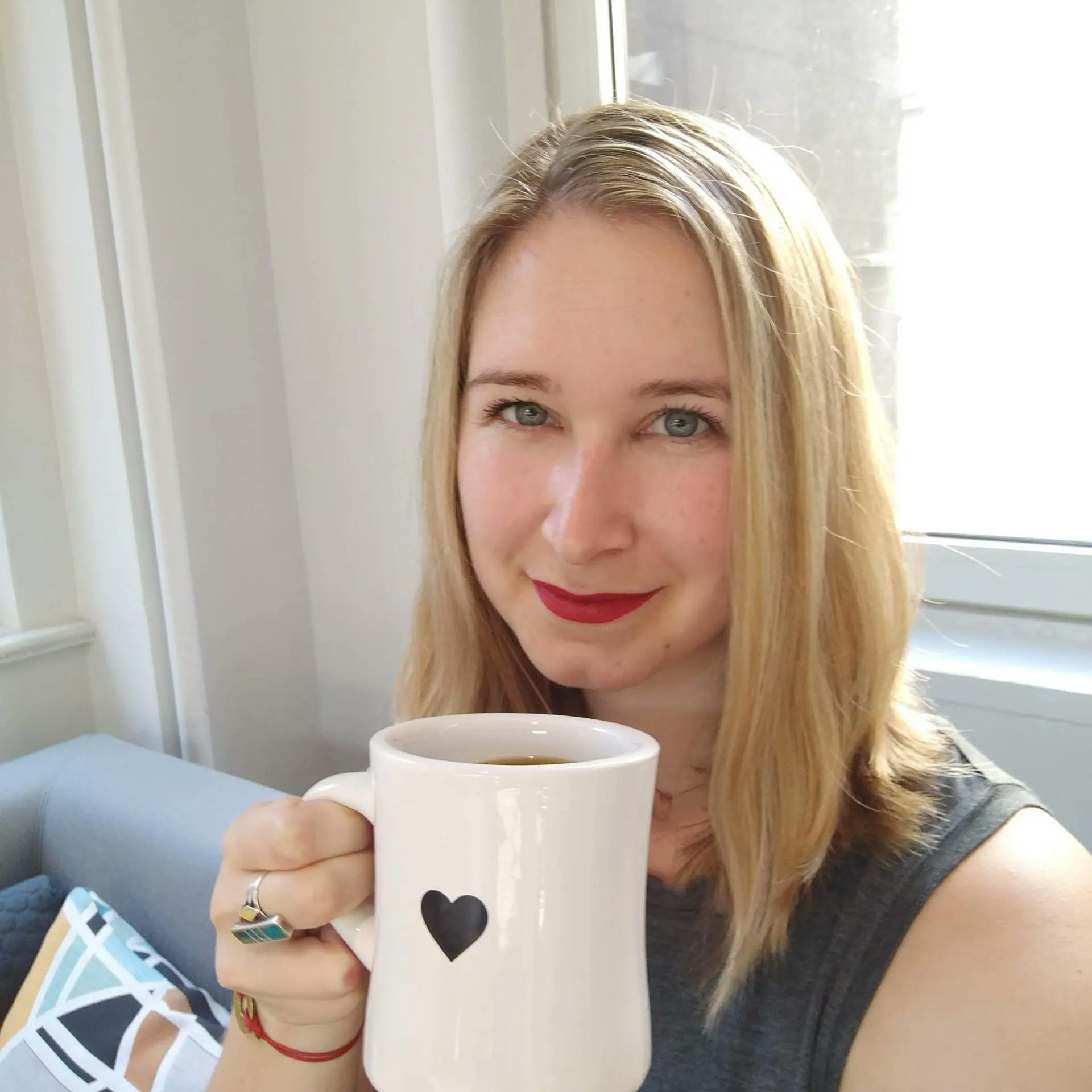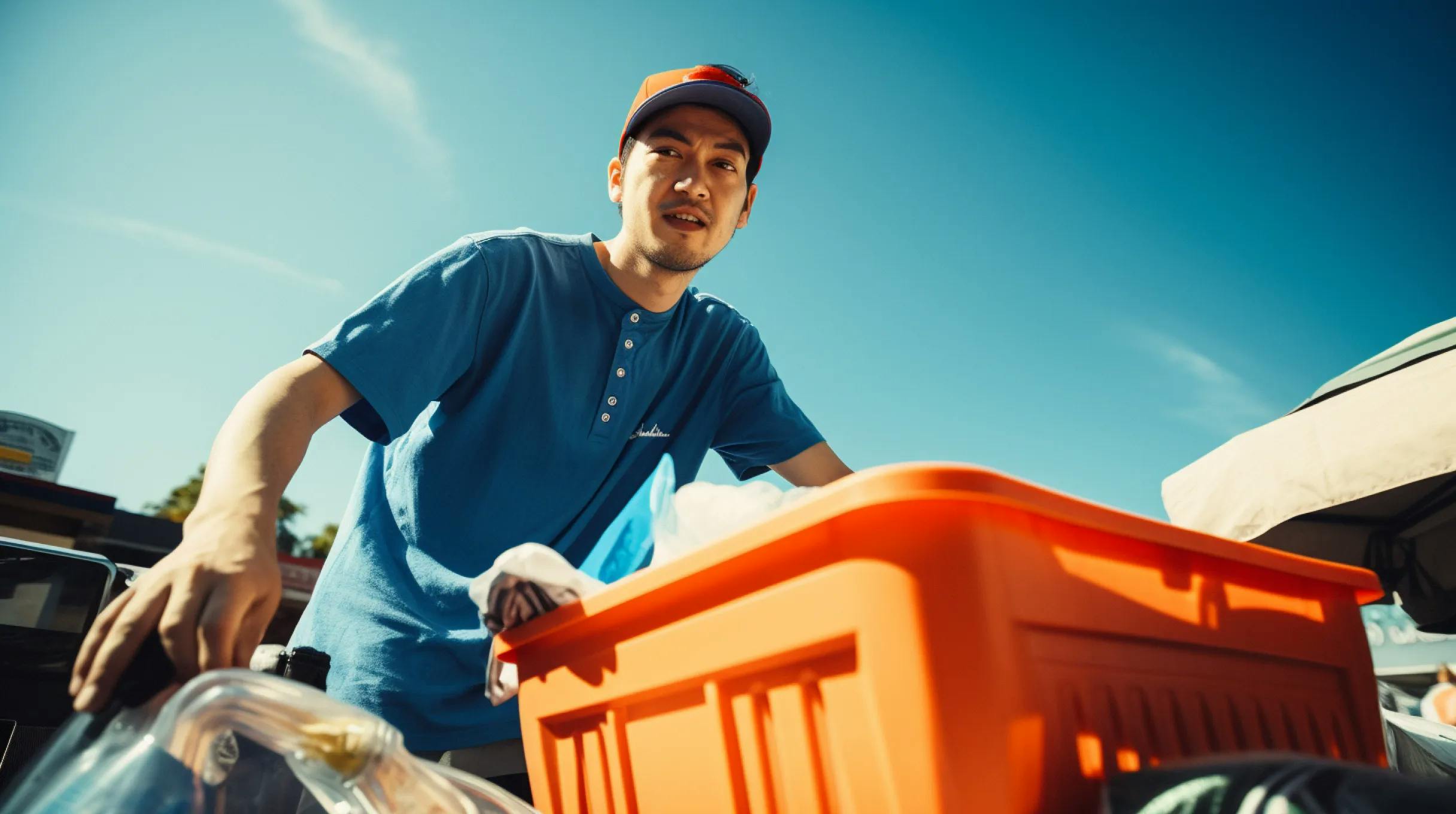Please note: This post contains affiliate links and we may receive a commission if you make a purchase using these links.
Table of Contents:
Boston is a thriving city with a growing entrepreneurial spirit. There are a number of reasons that Boston has become a comfortable site for entrepreneurs to start their Massachusetts LLC, including its strong educational system, highly-educated workforce, thriving biotech industry, and community support for shopping local.
If you’re looking to start a business in Boston, you just might want to heed the advice of these startup pros who already have successful, entrepreneurial businesses located in Boston.
Erdin Beshimov — MIT Bootcamps
When Erdin Beshimov arrived in the U.S. from Kyrgyzstan for graduate school, he had a realization. “I saw real promise, and literally on day one I remember thinking: there are many more people like me around the world and most of them don’t get access to places like MIT, but they are worthy of it and they would do something great with it,” said Beshimov. “So if you open up the gates to great learning, the world would be very different.”
With that idea, Beshimov started MIT Bootcamps, a startup within the Massachusetts Institute of Technology. MIT Bootcamps provides entrepreneurship education to people around the world through MOOCs or Massive Open Online Courses. So far, they’ve had hundreds of thousands of people attend their MOOCs, while also seeing over a thousand entrepreneurs graduate from their highly selective bootcamps.
One of the reasons Beshimov chose to situate his startup in Boston was the deep history and permeation of education throughout the city. “In general, for anyone who loves ideas, who appreciates a good intellectual discussion, who enjoys a thorough, wide-ranging argument, there is no place like Boston,” said Beshimov. “You could grab a random person off the street and get an education from that person on some fascinating topic. The transaction cost of learning here is probably the lowest of anywhere in the world.”
When COVID-19 hit, the team had to pivot quickly. “We decided very early in the pandemic to assume that the old normal was gone,” said Beshimov. “We made a choice to view the world through the lens that the pandemic was here to stay and that a very different new normal was going to emerge. So the mental and emotional energy that ordinarily would have been consumed by uncertainty and anxiety was channeled into creative, proactive adaptation. This I find to have been a very important lesson.”
For anyone considering whether or not to take the leap into startup land, he offers this suggestion: “The biggest challenge for any venture is to usher itself in, to make itself real, to survive the stage of conception. This challenge is neither purely creative nor purely analytical. Opportunities are often fleeting. That is its beauty and its pain.”
Kevin Frechette — Fairmarkit
Kevin Frechette, a Boston-local with deep roots in the area, is also the co-founder and CEO of Fairmarkit. Supply chain management and procurement is a legacy business that’s been ripe for innovation. Fairmarkit stepped in to fill the void. Fairmarkit is an intelligent sourcing platform that helps organizations efficiently purchase goods and services, equips procurement teams with automation and data, and promotes competitive bidding.
No matter where you are, starting an entrepreneurial business will have its ups and downs. That’s why Frechette and co-founders Tarek Alurari and Victor Kuchsh decided to build their new company on home territory. “From a personal standpoint, it’s probably no surprise to anyone that building a startup is really hard, so the closer and larger the support system, the better.” But, they also credit their city with some of their startup success. “From a strategic standpoint, we have some of the top technical and business schools in the country in Boston so the talent pool is very strong with much less competition than San Francisco to fight for those companies,” said Frechette.
While startup life can look glamorous from the outside, Frechette has a reminder for anyone considering the leap. “A lot of companies gloss over the unglamorous aspects of a job and shy away from good old fashioned hard work,” says Frechette. “We’re not afraid to put this front and center: our people work hard and are rewarded for their smarts. I think this is a philosophy and approach that many companies could benefit from as they get off the ground.”
Shrenik Jain — Marigold Health
Marigold Health started out of personal belief for the mission by Shrenik Jain and co-founders. Marigold Health is a virtual healthcare provider for patients with substance use and mental health conditions. But that’s not all. Marigold Health’s unique quality is that the primary providers are peers, those who are also in long-term recovery and who have been trained in how to support others over the phone or in a chat support group. Marigold Health is specifically designed to “be useful to people least likely to engage in current options for treatment, oftentimes minorities and low-income individuals,” says Jain.
For the Marigold Health team, setting up shop in Boston was a no-brainer after becoming part of the MassChallenge accelerator, a program that connects entrepreneurs in order to foster innovation. Starting in Boston was an easy choice, but Jain shares, “We’ve stayed in Boston because the startup community here overlaps well with our work in healthcare and AI.”
For those wondering whether they’ve got the chops to start their own company, Jain has an important suggestion. “Pick a problem space you are passionate about and push yourself to define the problem you are solving as specifically as you can. Do not get too attached to your initial solution – your main advantage as an entrepreneur is that you can change things up based on results on the ground. Using a problem as a North Star gives you a yardstick to assess and change your solution if (when) necessary.”
Startups are well-known as “disrupters” of the current landscape, but maybe we all need to rethink that status and instead consider them problem solvers.
Jeffrey Glass — Hometap
For many Americans, homeownership isn’t an option. That’s where Jeffrey Glass, Max Campion, Charlie Vrettos and Andrew Vassallo, the founders of Hometap, come in. They created Hometap as a financial alternative to debt for potential homeowners. Instead of borrowing money from a bank to purchase a home, users of Hometap sell a percentage of ownership of their home in exchange for cash.
“I love that our business provides a direct solution for homeowners who want to break the cycle of borrowing money, racking up monthly bills and constantly feeling stressed about finances,” says co-founder Jeffrey Glass. “Emotionally, running a mission-driven business makes a huge difference for me. I also love to create, and the fact that we’ve gone from a blank piece of paper to a national company in the span of four years is pretty incredible.”
For the founders of Hometap, Boston has been the perfect place to set up shop. “What I like most about Boston is that the entrepreneurial community is supportive of one another,” says Glass. “I get help from other CEOs and venture capitalists all the time and am often asked for help or advice as well. While Boston is a large player in the tech space, the community is small enough that no one is more than one or two degrees of separation away.”
The 2020 pandemic was tricky for all businesses, legacy and startups alike. Hometap innovated new ways of working. “When COVID-19 hit, we revamped our operations immediately to turn previously in-person processes like home appraisals, financings and county recordings into digital experiences using automated valuation models, digital notaries and investment signings with a network of partners all across the country,” shared Glass. “We also created a completely remote onboarding program, bringing on 40 new employees since the pandemic began. To keep everyone connected and spirits high, we try to organize at least a couple of team-building activities every month and work hard to overcommunicate goals, plans and accomplishments.”
Arik Keller — Mable
When Arik Keller took a break from tech a few years back and purchased a small, local grocery store, he was thinking, “How hard can it be?” Turns out: hard. One of the aspects he struggled with the most was discovering and buying inventory. In comes the idea for Mable.
Keller is the founder and CEO of Mable, a wholesale grocery platform that’s working to change how stores, brands and regional distributors do business together. One of the reasons Keller founded Mable in Boston is the startup culture. “The startup culture in Boston is thriving,” says Keller. “Boston is a top five city with regards to venture investments, and the community of entrepreneurs and founders recognize that we have an opportunity to continue to lead the country in innovation. We network organically through mutual connections and investors.”
And, for anyone hesitating to follow their dream, to jump into the pool of entrepreneurialism, he’s got one suggestion. “Do it. Not to sound like a motivational poster, but you really do miss 100 percent of the chances you do not take. The best advice I can give is to try and start a company that solves a problem with which you are intimately familiar.”
There is never a perfect time to start your business. There is never a sure-fire success. When it comes to starting your own business and creating an LLC, you just have to jump like all of these Boston entrepreneurs did. Research what you want to do, plan and get prepared, but eventually, you just have to start.

Page Grossman
Page is a freelance content marketing writer with experience writing about small business, the future of the workplace and health. She also operates a weekly email newsletter where she shares advice on living an authentic, intentional life. When not writing, you can find Page traveling, fostering older cats and working as a sexual assault advocate.

like what you’re reading?
Get Fresh Monthly Tips to Start & Grow Your LLC












